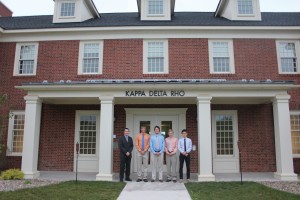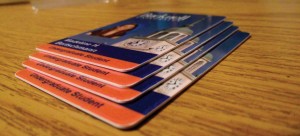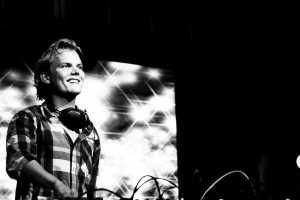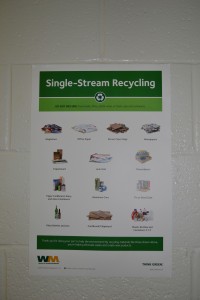
New University Reverend Doctor John Colatch joins the Bucknell community from Lafayette College.
Lauren Buckley
Assistant News Editor
What does your role as University Chaplain entail?
“My role as University Chaplain includes oversight and coordination of the entire religious life program, offering pastoral care where appropriate, leading chapel worship and other types of services, assisting, where appropriate, at University-wide functions and being one of the prophetic voices on campus.”
How has your adjustment to the University gone thus far?
“People have been more than welcoming. There is a great small-town atmosphere that pervades the campus and causes one to feel accepted immediately as a new staff person. I have brought some new things to the Sunday chapel service, and again, folks have been accepting and welcoming. Though I don’t know many people yet, I feel at home here.”
Where did you study and where have you worked previously with regards to university religious life?
“I attended a small college, West Virginia Wesleyan, which has a chapel designed by the same architectural firm that designed Rooke Chapel. The chapels are really strikingly similar. My graduate theological degrees are from Duke University Divinity School and Colgate Rochester Crozer Divinity School. The ‘Crozer’ part of that school has its roots here at Bucknell. I also have a graduate counseling degree from Duquesne University. I have served as Executive Director of Wesley Foundation Campus Ministry at the University of Delaware, and chaplain at Ferrum College, Allegheny College and, most recently, Lafayette College.”
What are your goals for religious life on campus?
“The program here is already strong and varied, but I hope to build on that. I think we can build a strong mainline Protestant group for students who have not found a place with another Christian group. I will work with others to create a really vibrant interfaith council and the programming opportunities that will follow from that. I want to work hard to be a resource to more segments of the University community, whether or not they have a religious identity or nature.”
Why is interfaith interaction important to you?
“Though I had no experience with interfaith work before graduate school, it has become one of the most rewarding aspects of my professional life. When folks from differing faith communities–and those with no faith tradition–come together and cooperate on projects involving shared values, amazing things begin to happen. They become allies for one another, even if they don’t share much in common from a faith perspective. We need that so much in these divided times.”
How does your own faith influence your work and your relationships with others?
“The most important aspect of my work, in my opinion, is to convey a sense of true hospitality to whomever I meet. That way, a person who professes no religious beliefs will still feel that I am a safe person in whom to confide. At the heart of all of the major religious traditions is radical hospitality. I think that is lost sometimes when we are busy erecting barriers between ourselves and those who do not believe as we do.”
When in your life did you realize your faith was an integral part of your life?
“I did not come from a religious family, but I did attend a church that made all of its youth feel special and at home. We mattered in the life of that church. Even though the building was destroyed by fire when I was 14 and the congregation scattered, I never forgot that feeling of being home. The next month after the fire, I decided to enter the Christian ministry and I have never looked back.”
Why do you enjoy working with young adult, college-age individuals?
“College-age folks are willing to receive new information and to consider it, and they have an infectious enthusiasm for life. I cannot imagine my life if I had remained a parish pastor. Working on college and university campuses for 25 years has re-created excitement within me for each new academic year and I am challenged to re-examine my own beliefs on a regular basis. I have made friends with students who will be life-long friends, and I have found almost family-type relationships among faculty and staff. It’s all about community, I guess.”
What should students know about the opportunities for religious life on campus?
“Students should know that the religious life opportunities are more varied than they might imagine, and whatever stereotypes they might have about religion in general, and religious types, in particular, will quickly break down when they allow themselves to be a part of an event sponsored by our office.”
How do you collaborate with the Catholic Chaplain and the Jewish Chaplain?
“Rabbi Serena [Fujita], Father Fred [Wangwe] and I have already collaborated and we get along really well. I love working with them and their staff, and it keeps me energized. We are all a part of the same team with a common purpose and we are all committed to building strong faith communities here.”
How can students reach out to you?
“Folks may find me in my Rooke Chapel office, or in the 7th Street Cafe, the Bison or the library. I try to be available when I am not in meetings, etc. so please don’t be a stranger. I am a new guy in town, so introduce yourself when you see me, because I want to know your story.”




